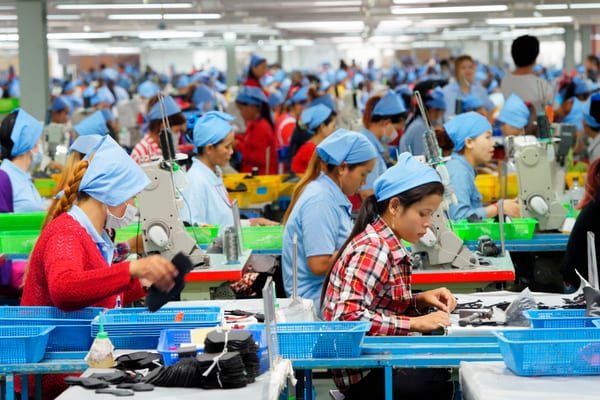Global Forum for Responsible Recruitment and Employment 2018
10 July 2018
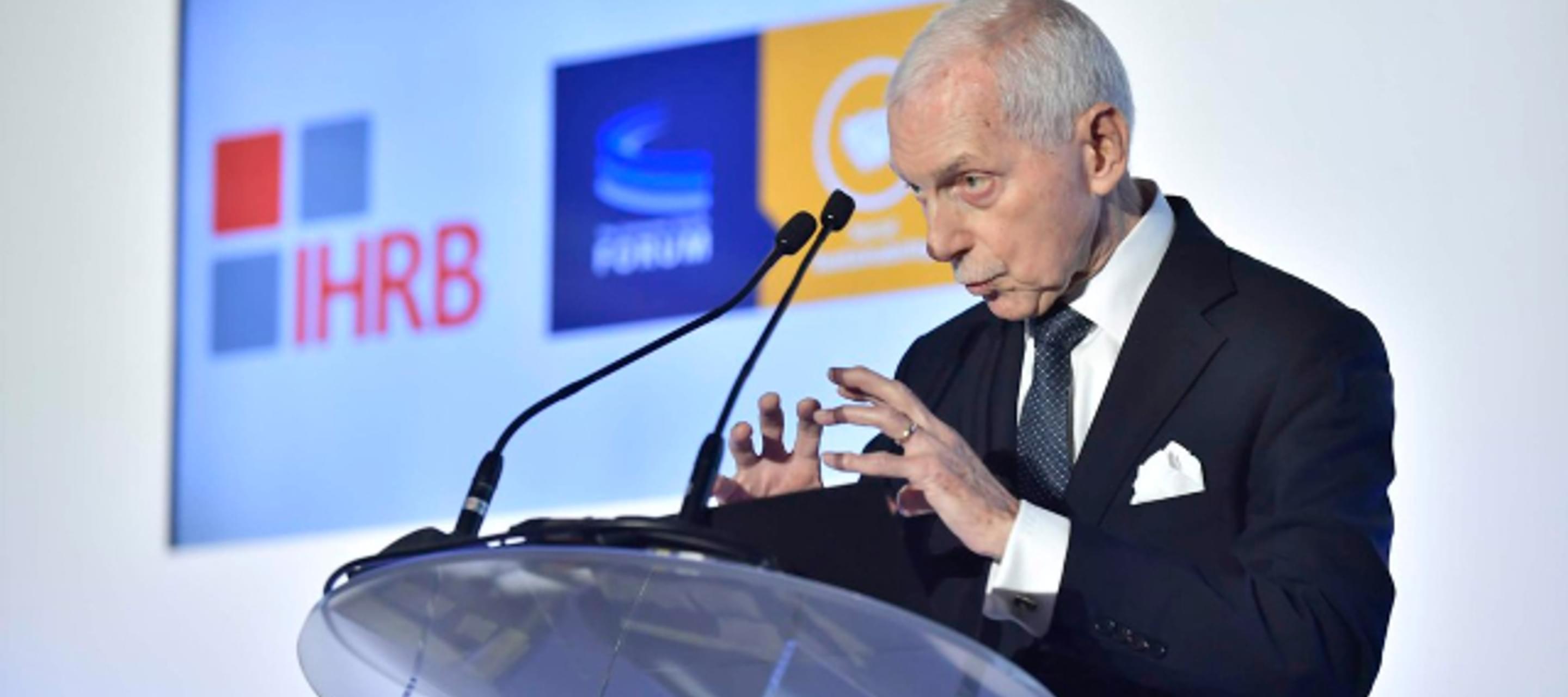
The 2018 Global Forum on Responsible Recruitment and Employment took place on the 11th-12th June 2018 in Singapore.
Hosted by IHRB and Consumer Goods Forum, with partners Humanity United, this second annual dialogue brought together global brands, suppliers, recruitment agencies, governments, and NGOs to examine the challenges of recruiting migrant workers and how implementing ethical recruitment is vital in protecting workers from modern slavery as well as ensuring sustainable and efficient business operations.
Key takeaways, reflections from participants on social media, and photos from the day are available below, in addition to a detailed event report.
Welcoming remarks
Participants were welcomed by John Morrison (IHRB) and Didier Bergeret (The CGF), who framed the Forum’s agenda, and discussed with Dan Viederman (Humanity United), Brent Wilton (The Coca-Cola Company) and Julia Battho (IHRB) the current state of progress in eradicating forced labour and unethical recruitment globally.
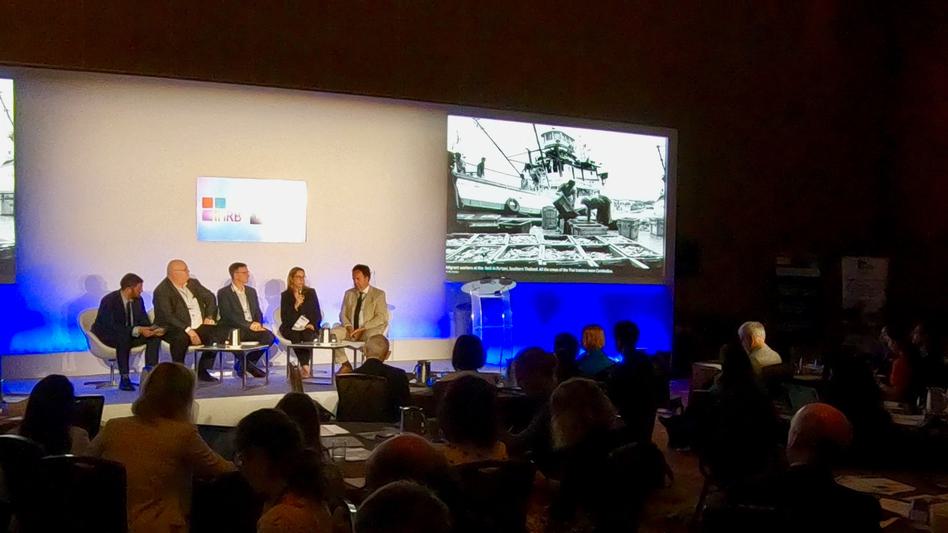
Key takeaways
- Governments, trade unions, NGOs and businesses need to collaborate.
- Increased pool of people now working on the issue and increased political will.
- We must speed up the pace of change and remain focused.
Keynote: William Lacy Swing, IOM
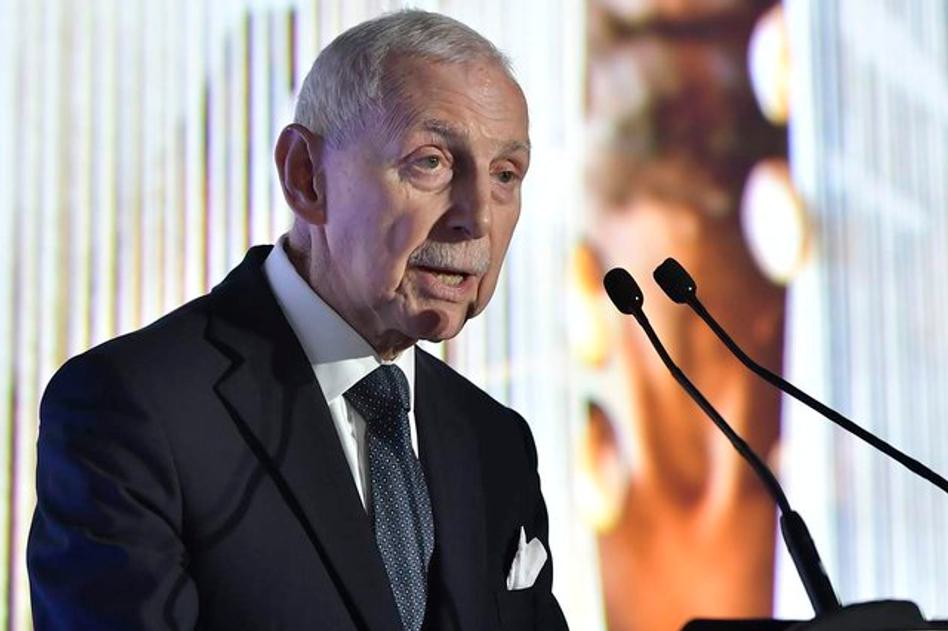
The outgoing Director General of the International Organisation for Migration (IOM) provided the first keynote address to the Global Forum.
Key Takeaways:
- Year-on-year, the number of migrants is growing globally.
- No industry or economic sector is immune to these abuses.
- Examine your own supply chain and apply pressure to governments.
Experience of the Migrant Worker: the impact of recruitment fees
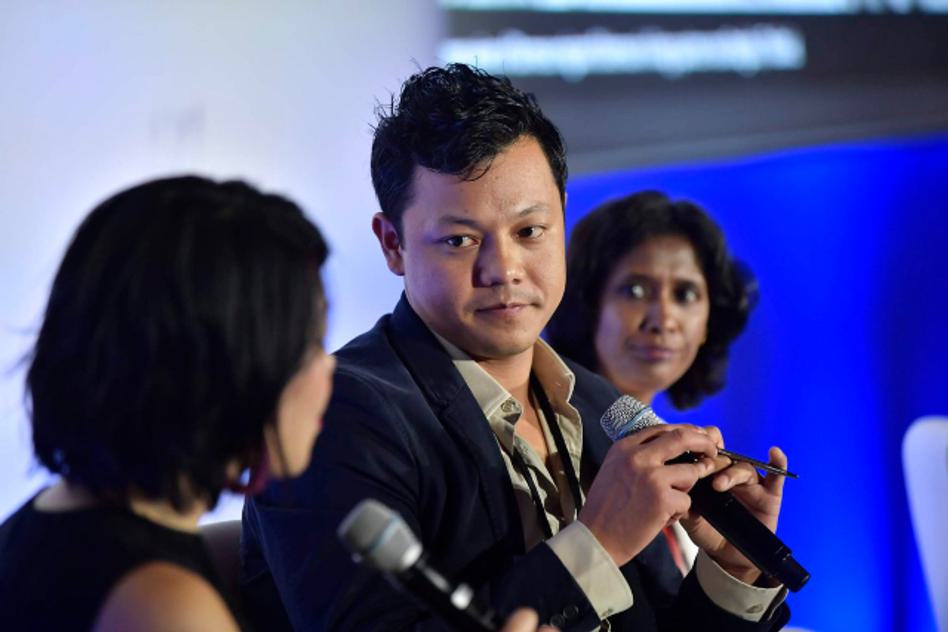
Catherine Chen (Humanity United) chaired a conversation with two migrant workers - Anne Beatrice Jacobs (North South Initiative) and Bhim Kumar Newar (Migrant Worker Network) now active in working globally to eradicate worker-charged fees.
Key Takeaways:
- Migrants often have their passports retained.
- Migrant workers are often forced to pay recruitment fees.
- Freedom of movement of migrant workers is often restricted.

